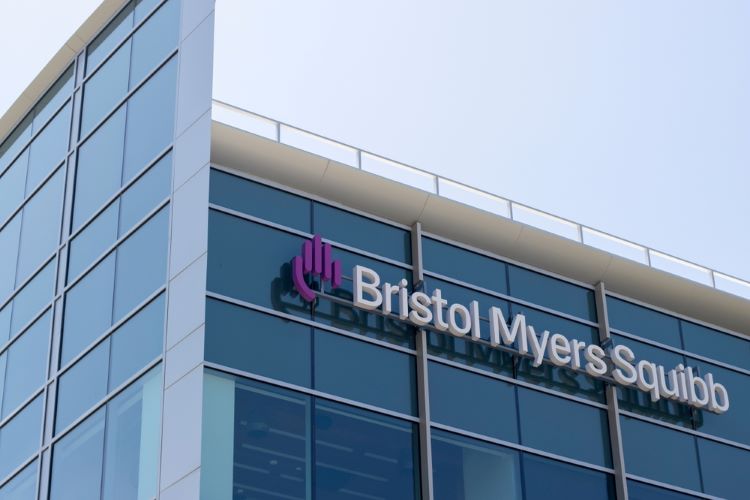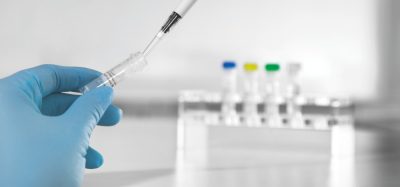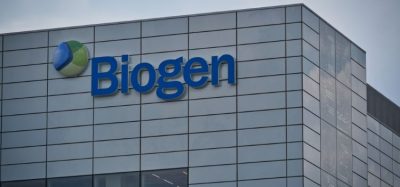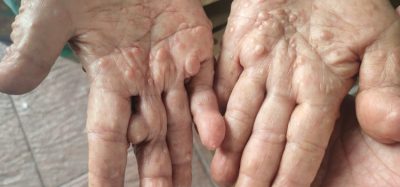Bristol Myers Squibb acquires cell therapy biotech Orbital for $1.5bn
Posted: 14 October 2025 | Dominic Tyer (European Pharmaceutical Review) | No comments yet
Gains access to OTX-201, a preclinical CAR T therapy being developed to treat autoimmune diseases.


Credit: Tada Images / Shutterstock.com
Bristol Myers Squibb (BMS) has added to its cell therapy portfolio, paying $1.5 billion for the US biotech Orbital Therapeutics.
At the heart of the deal is the Cambridge, Massachusetts-based biotech company’s investigational in vivo chimeric antigen receptor (CAR) T-cell therapy OTX-201, which targets autoimmune diseases.
Robert Plenge, Chief Research Officer at BMS, said: “In vivo CAR T represents a novel treatment approach that could redefine how we treat autoimmune diseases.
“This acquisition enhances our robust cell therapy research platform and provides an opportunity to advance a potential best-in-class therapy designed to deplete autoreactive B cells and reset the immune system.”
Orbital’s in vivo approach sees the patient’s own body serve as the manufacturer of CAR T-cells, an approach that could reduce treatment burden and increase accessibility compared to ex vivo CAR T-cell therapies.
The biotech’s lead RNA immunotherapy candidate OTX-201 is currently at the preclinical stage of development, with IND-enabling studies ongoing. It is comprised of an optimised circular RNA encoding a CD19-targeted CAR for in vivo expression that’s delivered via targeted lipid nanoparticles (LNPs).
BMS’ deal will also bring the pharma company Orbital’s proprietary RNA platform, which integrates circular and linear RNA engineering, advanced LNP delivery and AI-driven design, to create therapies for a broad spectrum of diseases.
Lynelle Hoch, President of BMS’ Cell Therapy Organization, said: “With the acquisition of Orbital Therapeutics and its next-generation RNA platform, we have an incredible opportunity to make CAR T-cell therapy more efficient and accessible to more patients.”
BMS’ own cell therapy portfolio includes the lymphoma treatment Breyanzi (lisocabtagene maraleucel), which was first approved by the European Medicines Agency (EMA) in 2022, and myeloma drug Abecma (idecabtagene vicleucel), which first won European approval in 2021.
The expansion of the company’s cell therapy efforts comes at a time of mixed news from the sector, with Takeda recently withdrawing from clinical cell therapy activities and Galapagos’ considering strategic alternatives for its cell therapy business. Balancing that AstraZeneca increased its presence in the field with the March acquisition of in vivo cancer drug focused Belgian biotech EsoBiotec up to $1 billion and Bayer last month broke ground on its new German cell and gene therapy centre.









